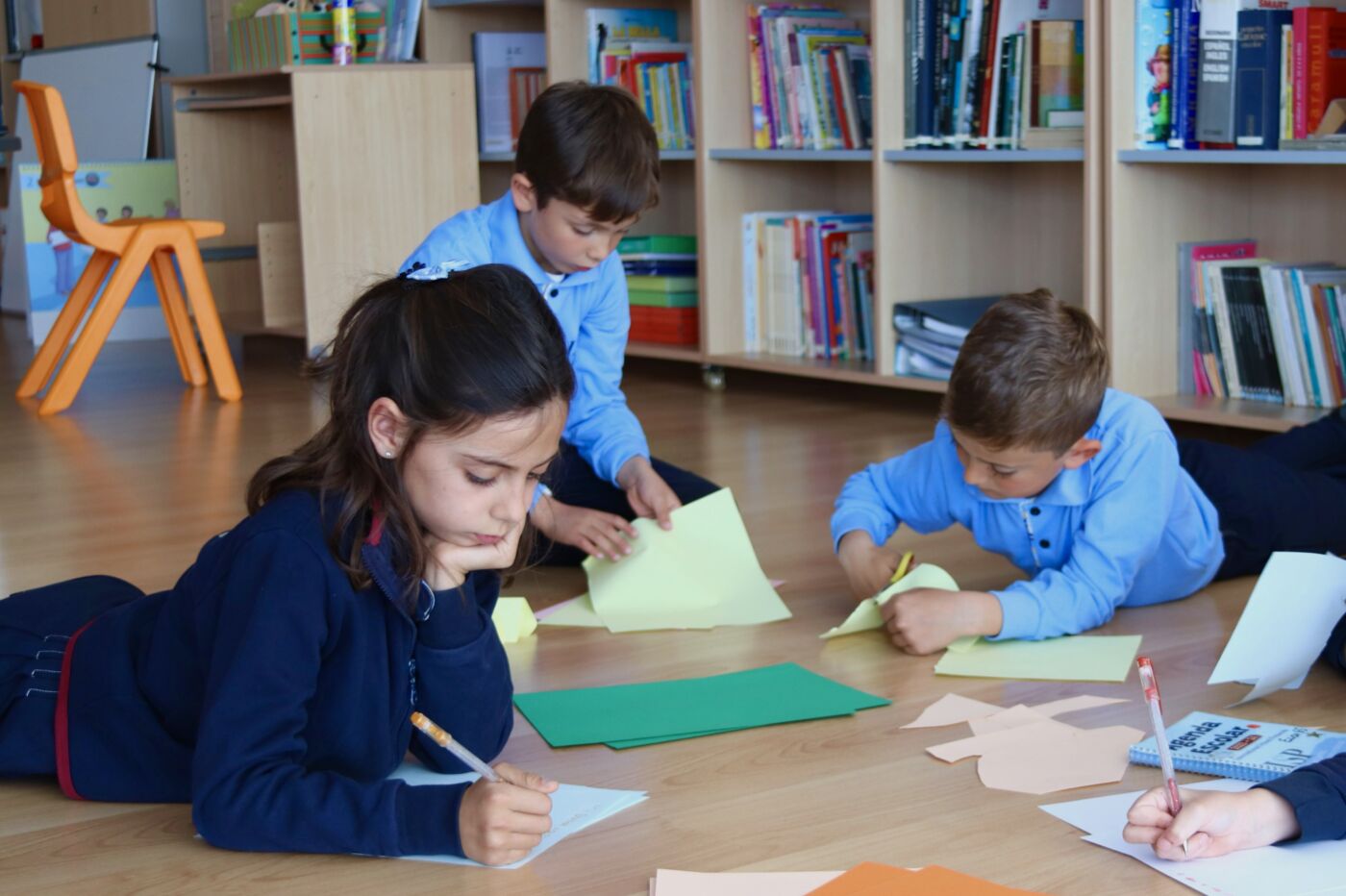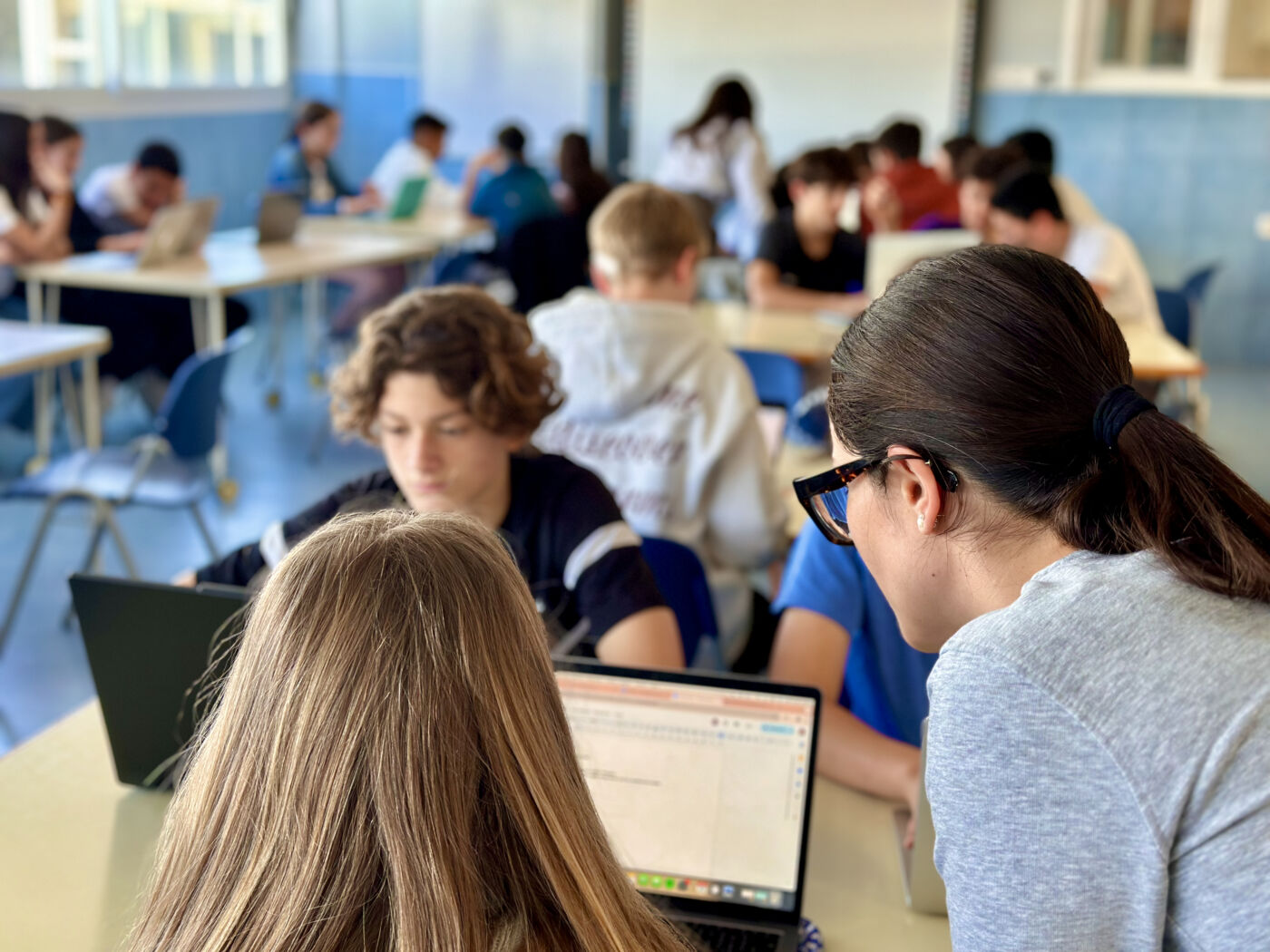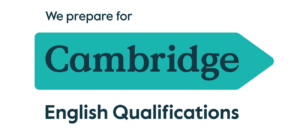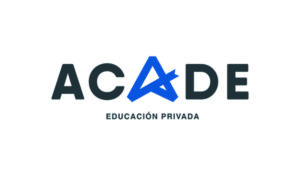New methodologies become an integral part of ISP’s educational environment. The target is the search for a quality education to promote better academic results among students. Our pedagogical line looks for approaches that are competent, active, interdisciplinary, close to real life, meaningful, oriented to get the best out of everyone and teamwork, and that ensure reflection and consolidation of knowledge beyond practice. To achieve this, we implement resources, devices, materials, infrastructures and equipment, personnel, spaces and organization of the school or classroom that help us to achieve this.
With the methodologies we use in our daily work we seek to promote meaningful learning, based on experimentation, manipulation and motivation of students by focusing on their interests, tastes and motivations.




